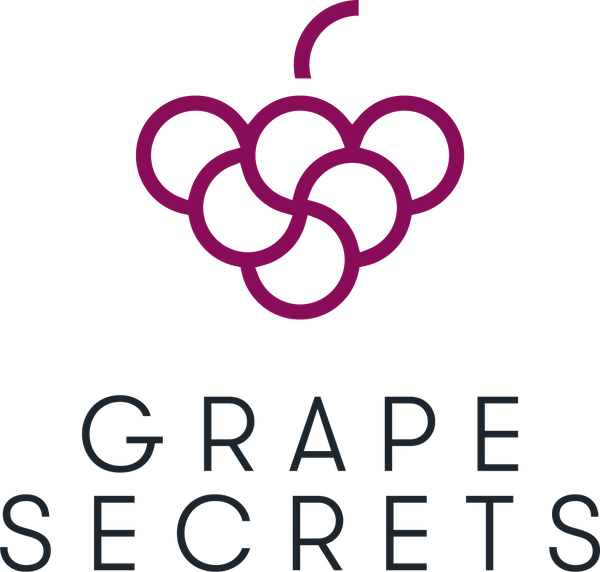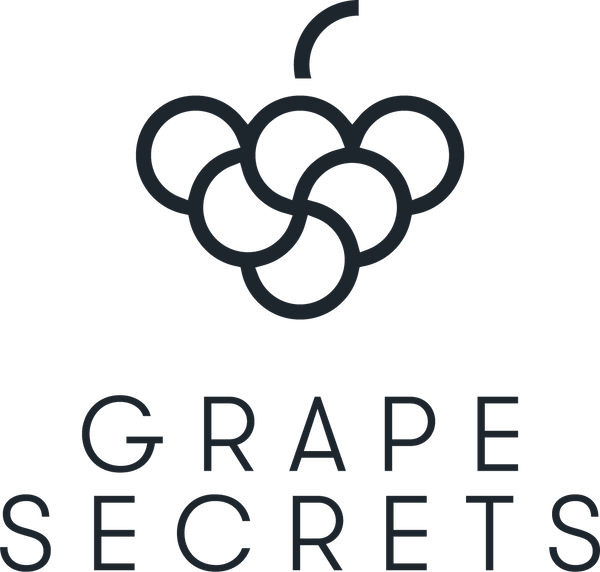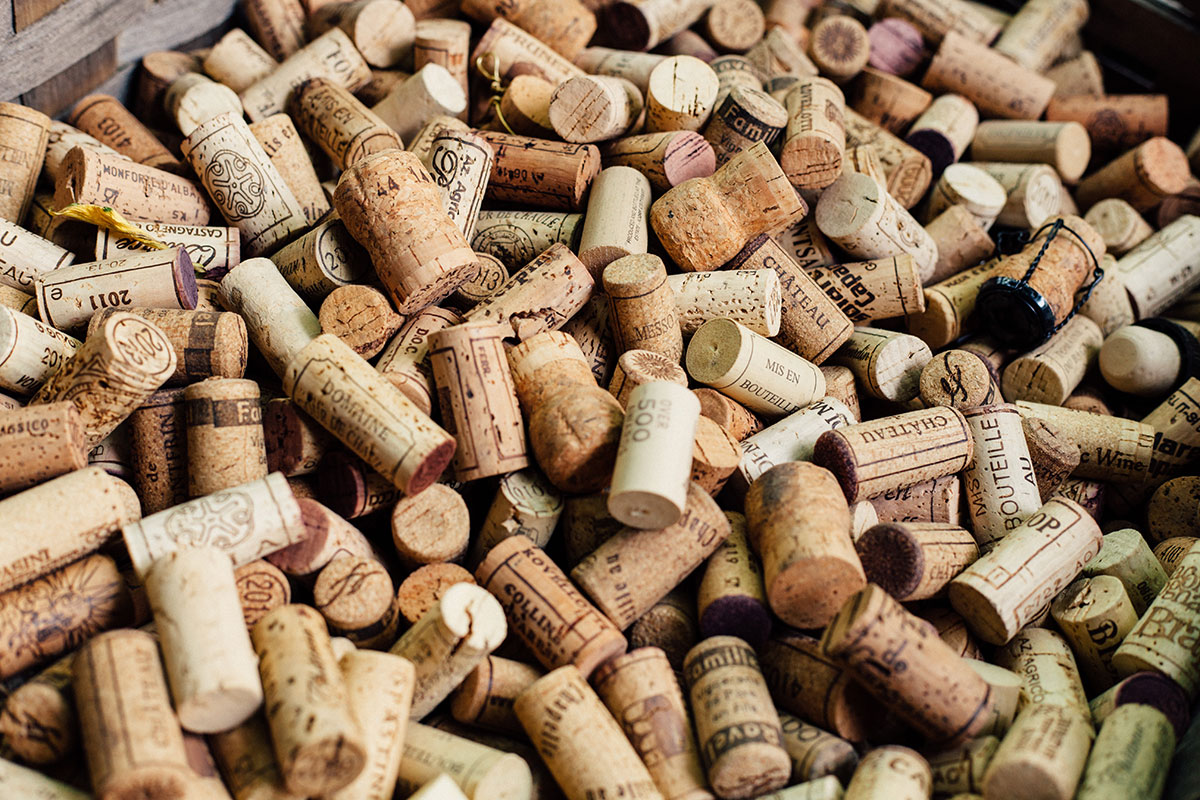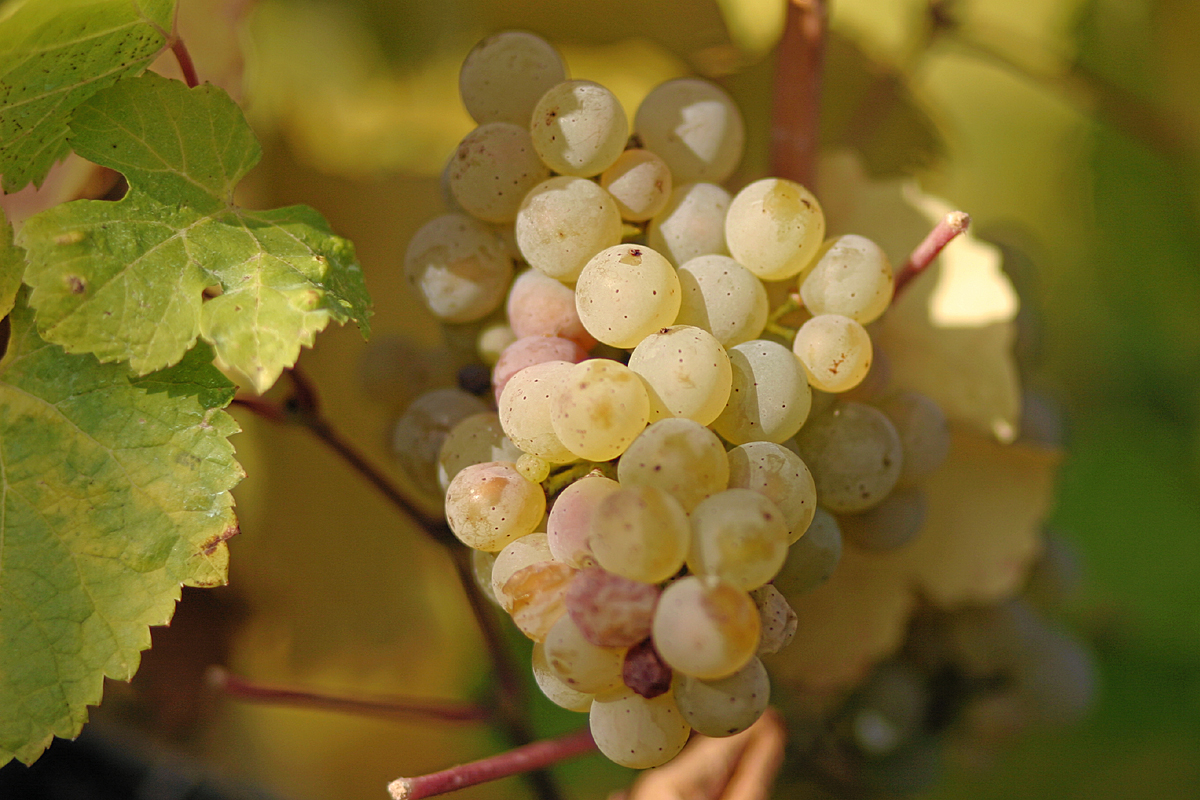
Riesling
Riesling is a white grape variety that produces white wines of varying sweetness levels. The grape is native to Germany, where it is the most widely planted and revered variety, and where it can produce dry, off dry, medium sweet and lusciously sweet wines.
Riesling is a highly aromatic variety with pronounced floral aromas, such as blossom, and a spectrum of fruit aromas that develop depending on the grape’s level of ripeness at harvest time. These fruit aromas can vary from green fruits (apple, pear) and citrus fruits (lemon) when the picked grapes are just ripe, and stone fruit (peach, apricot) and tropical fruit (mango, pineapple) as the grapes get riper and might even be harvested late. It is important to note that because of this strong aromatic profile, Riesling is usually fermented in stainless steel tanks to protect and preserve these aromas.
Riesling is well known for its naturally piercing acidity that makes it possible for the wine to have different levels of sweetness and still maintain balance. That, along with its concentrated fruit flavors, makes it a good candidate for ageing, for years and even decades. In fact, Riesling is one of the most famous white wines to age successfully, especially the sweeter versions, and is known to develop aromas of honey and toast with age, as well as petrol which has become its signature aroma.
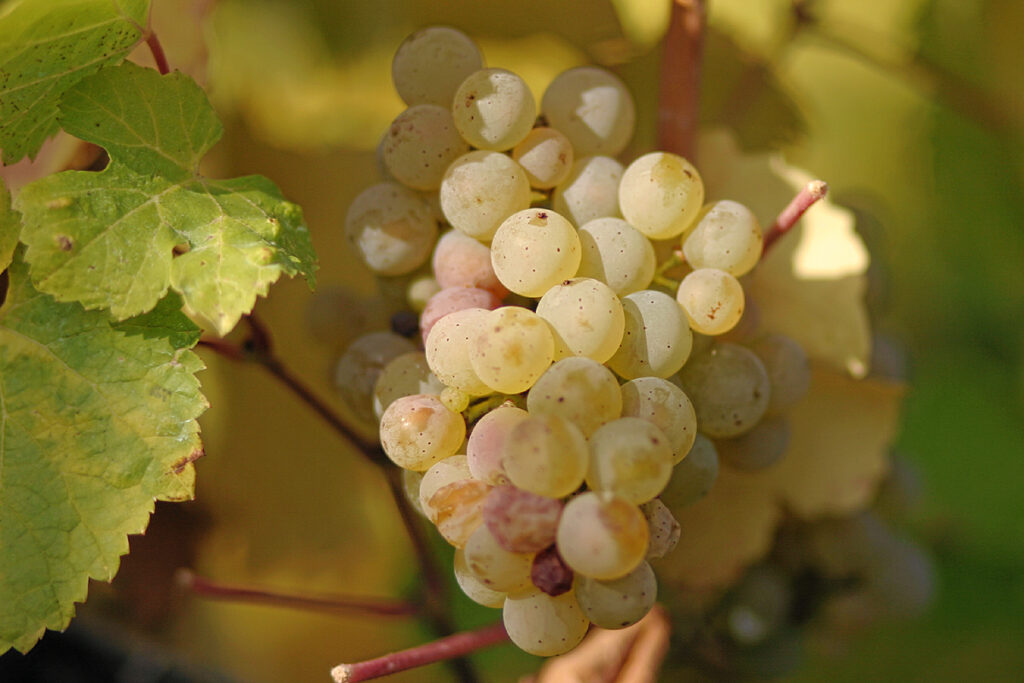
Germany
Germany is the homeland of Riesling, and it is generally where this variety makes its best expressions. The best quality grapes usually come from vineyards located on steep slopes that are close to rivers.
Many of these well-known vineyards are in the Mosel region. The wines produced there are typically medium sweet with aromas mainly of green fruits and blossom. They also have the lightest body and highest acidity compared to their counterparts produced elsewhere in Germany. Rheingau and Pfalz are other famous regions known for their Riesling wines.

